Where are IC chips used?
Introduction:
Where are IC chips used?IC chips, also known as integrated circuits, are versatile electronic components that find application in various fields and industries. These tiny semiconductor devices have become an integral part of modern technology, powering a wide range of electronic devices and systems. This article delves into the diverse applications of IC chips and their significance in different sectors.
Consumer Electronics:
IC chips have a significant presence in consumer electronics, including smartphones, tablets, laptops, televisions, and gaming consoles. They drive the functionality of these devices, enabling tasks such as data processing, memory storage, wireless communication, audio and video processing, and user interface control. IC chips are at the core of delivering the seamless user experience and advanced features we rely on in our daily lives.
Automotive Industry:
The automotive industry heavily relies on IC chips for various applications. They are used in engine control units (ECUs) to monitor and manage engine performance, fuel efficiency, and emissions. IC chips are also integral in safety systems such as airbag control, anti-lock braking systems (ABS), and stability control. Moreover, IC chips play a role in infotainment systems, advanced driver-assistance systems (ADAS), and in-vehicle communication networks, enhancing the overall driving experience and safety.
Industrial Automation:
IC chips are vital in industrial automation, where they enable precise control and monitoring of complex processes. Programmable logic controllers (PLCs) use IC chips to automate tasks in manufacturing, robotics, and process control systems. These chips ensure accurate sensing, measurement, and control of variables such as temperature, pressure, speed, and position. IC chips also contribute to efficient energy management and optimization in industrial settings.
Telecommunications:
IC chips are at the heart of telecommunications infrastructure, enabling efficient data transmission, reception, and processing. They are used in routers, switches, modems, and cellular base stations to handle data routing, protocol conversion, signal modulation/demodulation, and signal integrity. IC chips also enable the implementation of advanced wireless technologies like 5G and facilitate seamless connectivity in telecommunication networks.
Healthcare and Biotechnology:
IC chips play a crucial role in healthcare and biotechnology applications. They are used in medical devices such as patient monitoring systems, diagnostic equipment, imaging devices, and implantable devices. IC chips enable precise measurements, data processing, and real-time monitoring in healthcare settings. In biotechnology, IC chips are employed in DNA sequencing, microarray analysis, and other molecular diagnostic techniques.
Renewable Energy:
IC chips contribute to the efficient operation and control of renewable energy systems. In solar energy applications, IC chips are used in solar inverters to convert and manage the generated electricity. They enable maximum power point tracking (MPPT), grid synchronization, and energy storage control. IC chips are also employed in wind turbine control systems, ensuring optimized power generation and grid integration.
Conclusion:
IC chips are incredibly versatile and find applications in numerous fields, driving advancements in technology and enhancing our daily lives. From consumer electronics to automotive systems, industrial automation to telecommunications, healthcare to renewable energy, IC chips enable precise control, efficient processing, and reliable operation. As technology continues to evolve, IC chips will continue to play a pivotal role in shaping the future and powering the innovations that drive progress across industries.

















